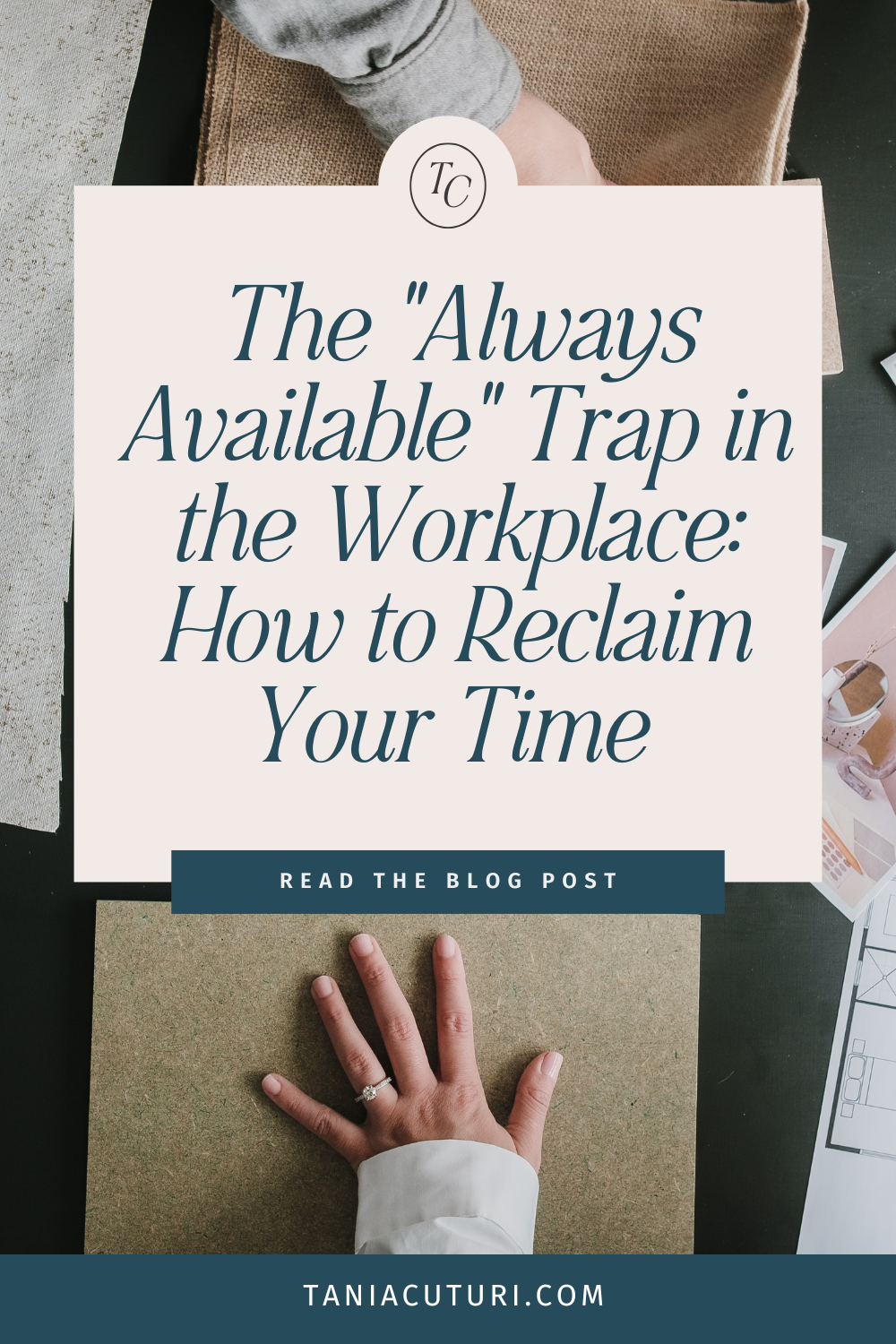Understanding and Embracing Negative Responses: A Letter to My Six-Year-Old daughter + kids.
29 Aug, 2024 | 5 min
Dear Eesha,
In life, when we receive a negative response from someone, it doesn’t mean they don’t like you or value you. More often than not, it actually means nothing about you.
It took me a while to realise that whilst it’s normal to think that when someone says they don’t want to be or play with us, it is because we think there is something wrong with us but actually it usually is a response to their own internal world. Let me explain:
1. It’s Not (always) About You
Sometimes, when someone gives you a negative response, it might be because they need something that you can’t provide at that moment of time. As humans, we all have needs and the main one is the one of being accepted for who we are, loved and cared for. We may have the need to also take care of others and feel useful. The question to ask yourself is, is that person saying no to me or yes to something that they need more?
For example, if your brother says he wants to spend time with his younger cousin instead of you, it could be that he needs to feel useful at that moment. You and your brother play so nicely together time and time again, the thing is, the current dynamic is that you look after him and help him do a lot of things that he is yet not able to do. There is nothing wrong with that, however it may mean that he wants to do the same for his younger cousin who actually needs help.
You see, you can think about it this way: by having helped him throughout the years, you have actually taught your brother how to best care for others. You have been a fantastic teacher and now he wants to do the same thing for his little cousin.
Eesha, you are so caring and loving. You have a beautiful sense for justice and your generosity is striking at such a young age!
I just want to say that it doesn’t mean he doesn’t love you. It just means that what he needs right now is to help others. It is just right now, it is not always. Very little things are permanent. Our needs evolve as well as us!
2. Readiness and Timing
A negative response might also mean that the other person isn’t ready to receive what you’re offering.
This applies to many areas of life, including work.
When someone says no, it can mean “not yet” or “not right now”. You may be ready to hear or see certain things, but the other person may not. What we can try to do is meet the other person where they are in their journey, and try to slowly help them see for themselves something that can help them.
In my coaching experience, when a client decides not to continue or start the work together, it often means they’re not ready at that moment.
Sometimes, they come back more ready than ever, but other times, they’re simply not ready. Understanding this can help you not take negative responses personally.
In work where personal relationship is key, the chemistry is important. In coaching or therapy for instance, one may prefer working with someone that they know have had similar experience or pain points than them. Sometimes, they may want to work with a person from the same cultural background because it is just easier in term of understanding certain family dynamics. This again, is not personal to you, it is just a personal preference that there is not much we can do about.
The nice thing is to think that there are enough people in the world that will like you and see the value in you. The idea is to keep showing your worth and serving the people that you know will listen and respect you. Focus on the ones that are ready and willing to trust you rather on the ones that are not. Start with them, the rest follows.
3. Personal Needs and Context
Everyone has their own needs and context that influence their responses. When someone says no, it might reflect their current priorities or emotional state, not your value as a person.
Recognizing that people’s responses are often more about them than about you can help you navigate negative feedback with greater resilience.
Facing rejection can be tough, but it’s also an opportunity for growth.
Every “no” you encounter is a chance to reflect, learn, and improve.
If you feel a deep sense of rejection, chances are there is something else unresolved inside of yourself. When the feeling is deep and exaggerated, there is usually a wound from the past attached to it.
There are a few things we cannot control in life. We cannot control how we feel, we cannot control others or time. We can control how we behave and how we carry ourselves around time. For instance, when we feel too strongly about the rejection, we can control to work on the trigger by healing and finding a way to release the emotional charge.
This is what I have been working on the past 2 years with my coach.
4. Stay True to Yourself
Always remember to stay true to who you are, regardless of the responses you receive from others. Your value isn’t determined by external validation but by your own understanding of your worth.
Keep doing what you love and believe in, and the right opportunities and people will align with your path.
“All you need is love” – that means you will need less external validation.
When you live a life in line with your core purpose and value, it is harder for people to distract you. When you heal your wounds, you hear less noise.
“Peace is not the absence of conflict, but the ability to cope with it”. Sam Qurashi.
Conclusion
Negative responses are a part of life, but they don’t define you.
A no does not always mean no. It can also mean “not yet”.
If you feel too triggered by a negative responses, there is a high chance that something else is linked to how you feel. It is your responsibility to find out, heal and then feel less intensely the next time it happens.
Growth is when we feel free from those triggers and are actually able to see how to improve in certain areas of our lives.
Remember, getting a NO is more about the other person’s needs and readiness than it is about your value. Your worth is always intact. You will always be worthy even if you receive a NO.
Make sure you connect with your emotions, let them come up and define them as much as you can. I hope I have given you some guidance already in that front.
Je t’aime d’amour,
Tania
Share this blog on social!




Meet Tania!
With three energetic kids, I know what it’s like to have to juggle your career goals and desire to be a good parent. That’s why I’m so passionate about helping working mums manage your time in the best way, so you can spend quality time with your kids and still find the courage to go after what you want in life.

Break the Parenting Mold with Connection, Confidence, and Compassion
04 Oct, 2025
As parents, we all come into this journey with expectations: of ourselves, of our children, and of what family life “should” look like. But what happens when your child doesn’t quite fit the mold? When their behavior or way of communicating doesn’t line up with what you imagined, or what society tells you is “normal”?… Continue reading Break the Parenting Mold with Connection, Confidence, and Compassion

The Myth of “This Is the Only Path” for High-Performing Professionals
20 Sep, 2025
There’s a belief I see often in high-performing professionals, especially those working in fast-paced, competitive industries like finance, law, or tech. It’s the belief that “this is the only path” that you can take. One version of success. One way to move forward. And the only “good” choice is the one that keeps you on… Continue reading The Myth of “This Is the Only Path” for High-Performing Professionals

The “Always Available” Trap in the Workplace: How to Reclaim Your Time
06 Sep, 2025
There’s a kind of pressure that doesn’t always get talked about, but most of us feel it: The pressure to be “always available”. Especially in high-achieving work cultures, there’s this expectation (spoken or not) that you should respond quickly, drop what you’re doing, or stay late, just in case you’re needed. And if you don’t,… Continue reading The “Always Available” Trap in the Workplace: How to Reclaim Your Time







